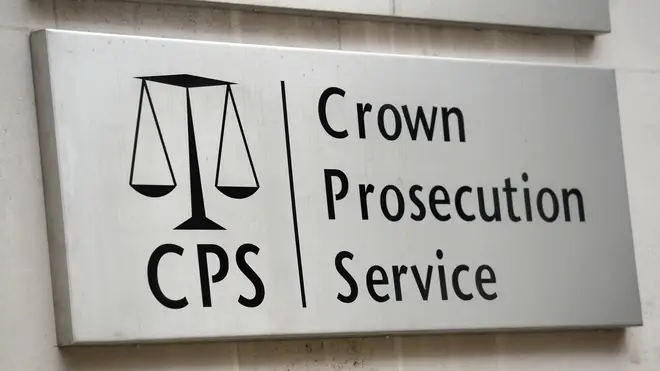
Tom Swarbrick 4pm - 7pm
17 December 2019, 08:28

Campaigners have slammed inspectors after they found no fault with the way prosecutors were making decisions on bringing rape cases to court, despite the number of charges plummeting.
The Attorney General ordered an investigation into why successful prosecutions had dropped by more than half despite the number of rape allegations reported to police rising by 43 per cent.
But several women's groups have said they are "hugely disappointed" in the HM Crown Prosecution Service Inspectorate (HMCPSI) report on the actions of the Crown Prosecution Service.
Rape prosecutions have fallen to their lowest level since 2008, despite record numbers of allegations reported to police, with around 3.3 per cent of all reported rapes ending in a conviction.
In the year to March, there were 58,657 allegations of rape and 1,925 successful prosecutions for the offence, HMCPSI said.
After considering around 900 cases - including those which resulted in a charge or no further action and those sent back to police for further investigation - HMCPSI found the drop in charges was of "serious concern" but said the reasons for the reduction in prosecutions were "not straightforward".
our response to the report with @centreWJ @RapeCrisisEandW here https://t.co/7CYqDIJMVu
— EVAW Coalition (@EVAWuk) December 17, 2019
The End Violence Against Women Coalition, Rape Crisis England and Wales and the Centre for Women's Justice said they were "alarmed" by the findings and accused the inspection of not being fully independent.
Katie Russell, of Rape Crisis England and Wales, said it was "self-evident that CPS practice needs urgent reform", adding: "The CPS must demonstrate some accountability if progress is to be made towards achieving justice for victims and survivors.
"Their apparent lack of interest in taking the opportunity to meaningfully address this problem is astonishing."
Chief Inspector Kevin McGinty said: "The CPS has been accused of only choosing easy cases to prosecute, but we found no evidence of that in our report.
"While the CPS needs to improve the way it works with the police, the CPS is only a small part of a larger systemic problem in the criminal justice process in dealing with complex cases."
The findings noted both police and the CPS had seen "significant reductions in their resources" while cases had become "more complex" because more evidence is on digital devices such as mobile phones and social media which can take longer to process.
The report said: "To improve how the police handle this evidence, it is clear there needs to be better communication between the police and the CPS."
Sarah Green, director of the End Violence Against Women Coalition, said the report was "profoundly disappointing in many ways" and "betrays a huge lack of curiosity as to what, then, the problem must be".
"Rape is a difficult crime to evidence and prosecute - no-one has said otherwise - but it is also an enormous volume crime and it does enormous harm. It cannot remain a mystery or in the 'too difficult box'."
The CPS said it accepts all the recommendations and it was working with the police to "build the strongest possible cases from the outset, and bringing them before the court as quickly as possible".
Director of Public Prosecutions Max Hill QC said: "The CPS is committed to doing everything in our power, along with our partners, to improve our response."